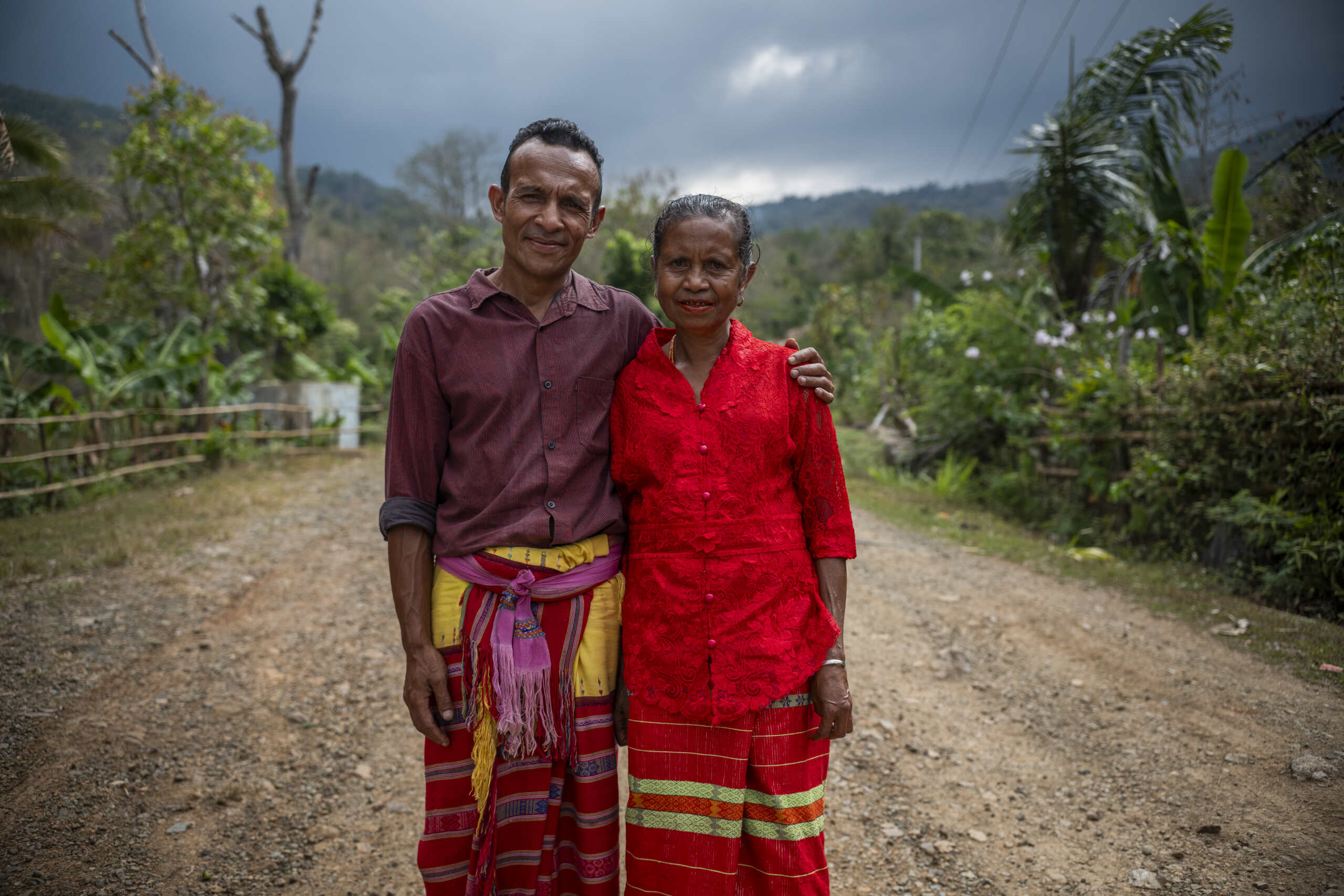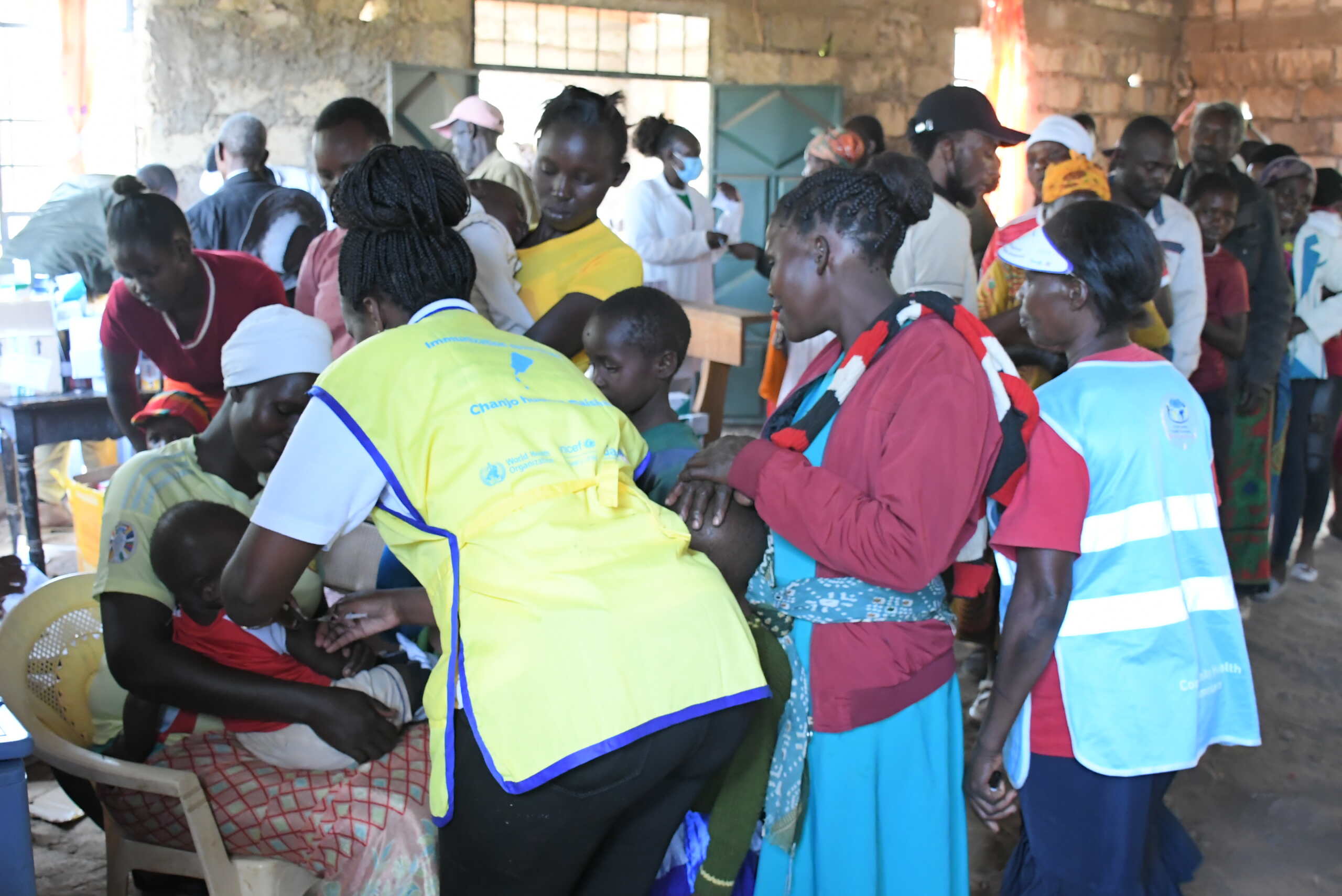Unequal Pandemic: Intensifying Violence, Abuse and Discrimination
Stories | August 10, 2021
Intensifying violence, abuse and discrimination
People with disabilities are more likely to experience violence, abuse or discrimination than non-disabled people – and this devastating fact has been exacerbated during the COVID-19 pandemic.
A new report draws on data, insights and observations supplied by more than 20 civil society organisations, including CBM, to explore a number of key ways in which already marginalized groups of people have been further challenged by COVID-19.
The report, An unequal pandemic: Insights and Evidence from Communities and Civil Society Organisations, finds that there has been an increase in violence against marginalized groups of people throughout the pandemic.
This includes gender-based violence against women and girls and people already at risk of violence as well as people with disabilities. One survey of people with disabilities in Uganda found that around three-quarters of respondents perceived a greater risk of violence since the pandemic began.
As one woman with a physical disability says in the report, “They [maternal family] told me that they could not support me physically or my expenses anymore and asked me to return to my husband’s house with my small daughter.”
There are several factors to explain why marginalized people reported an increase in violence and abuse, one of which has been the impact of lockdowns and restrictions, which can result in people at risk of domestic violence being more exposed to the risk. Limited access to community support and activities as well as unemployment and poverty were also cited as contributing factors.
Additionally, people with disabilities in addition to migrants, human rights activists and street-connected children also reported multiple cases of violent of discriminatory enforcement of COVID-related curfews and restrictions by police.
With COVID-19 still having a devastating impact across the globe, CBM continues to work with local partners on the ground to support communities to better face the risk of the pandemic.
This work includes supporting people with disabilities to maintain health and hygiene by providing safe, clean water for washing and drinking and cleaning products like soap, equipping partner hospitals and clinics with PPE including masks and gloves and ensuring emergency aid packages are available to those facing food crisis and starvation.
Can you help us to ensure people with disabilities are not left behind during COVID-19? Donate Today.
https://www.cbm.org.au/stories/unequal-pandemic-intensifying-violence-abuse-and-discrimination
Related Stories

How CBM is making a difference in Indonesia
For more than 45 years, CBM Global has been working alongside communities in Indonesia to ensure people with disabilities...

Coordinating inclusive health outreach in Meru County
For many households in Meru’s rural and remote areas, basic health services are physically...

Share your advocacy preferences with us
Thank you for helping us to advocate for the one billion people with disability globally. CBM Australia advocate across...
